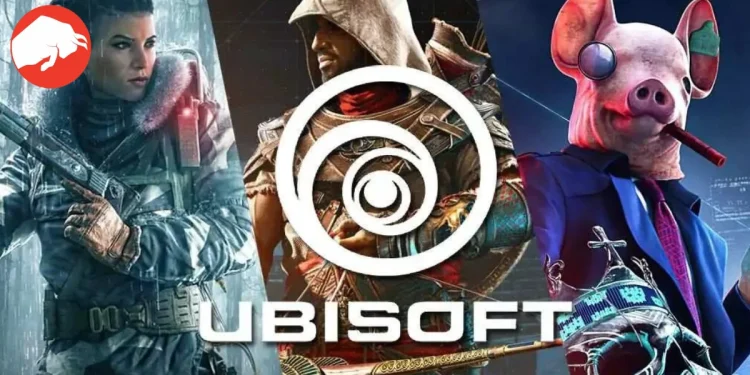The Transition to Digital Gaming
The gaming industry, much like music and television, is increasingly gravitating towards a digital-centric future. This shift, although met with resistance over concerns of preservation and ownership, is becoming more pronounced. Ubisoft executive Phillipe Tremblay’s recent comments to Gamesindustry.biz highlight this trend, suggesting that gamers should adapt to not owning physical copies of games, akin to the evolution seen in music and movies.
Understanding the Gamer’s Dilemma
Tremblay acknowledges the traditional attachment gamers have to owning physical copies. He compares this sentiment to the erstwhile norm of owning DVDs and CDs, suggesting a similar transformation in the gaming world. His assertion that not owning a game doesn’t equate to losing progress or achievements points towards a future where gaming experiences are valued over physical ownership.

Digital Dominance and the Decline of Physical Sales
The surge in digital sales, accounting for a significant portion of the industry’s revenue, underscores this transition. The decline in physical game sales further reinforces the growing preference for digital formats.
Challenges in the Subscription Model
Despite Tremblay’s role in promoting subscription services like Ubisoft Plus, there are notable concerns. The impermanence of games on these platforms, exemplified by titles like “Grand Theft Auto 5” leaving Xbox Game Pass, raises questions about the stability and reliability of subscription-based gaming.
The Fate of Discontinued Games
The risk of games vanishing from digital stores due to licensing or other issues, as seen with “Alan Wake” and “The Crew,” presents a real challenge in an all-digital era. The potential for games to effectively disappear is a significant worry for preservationists and gamers alike.
The Future of Gaming Subscriptions
Despite these concerns, the push towards subscription models seems inexorable. Inspired by the success of streaming services in other entertainment sectors, game publishers are increasingly exploring subscription revenues. The transition, however, may not be as seamless as in other industries, given the unique challenges and sentiments in the gaming community.









